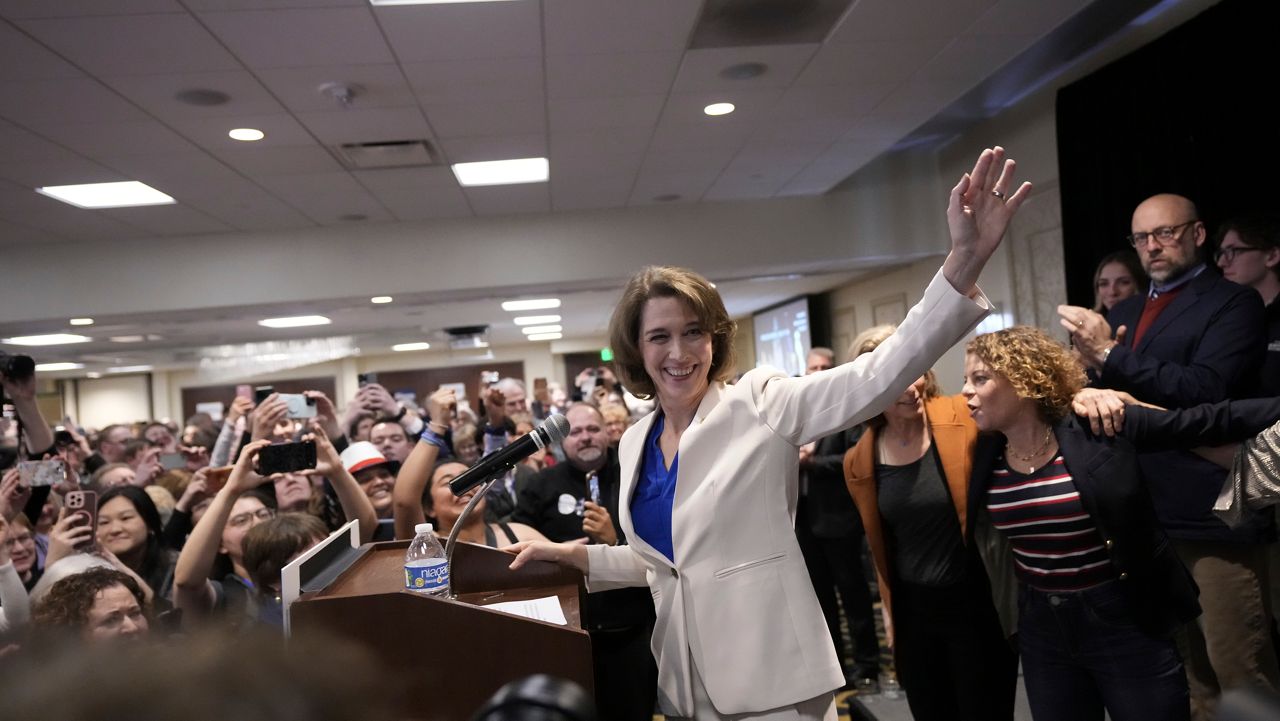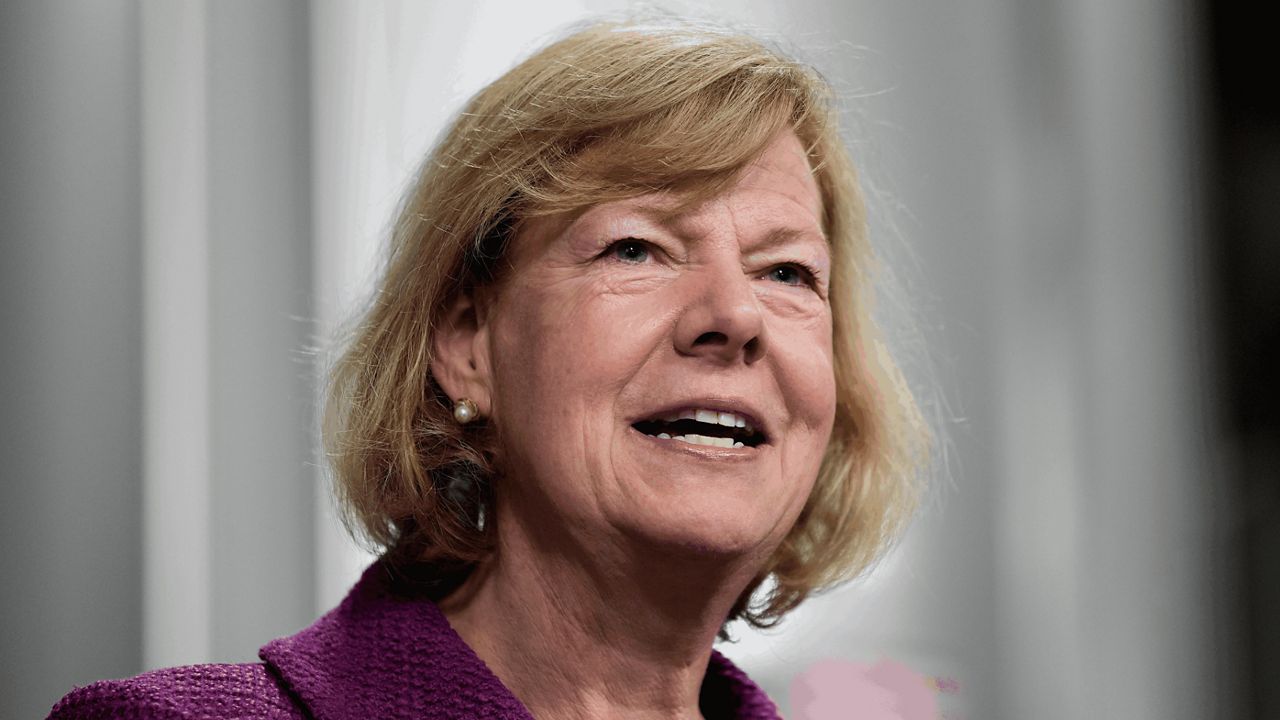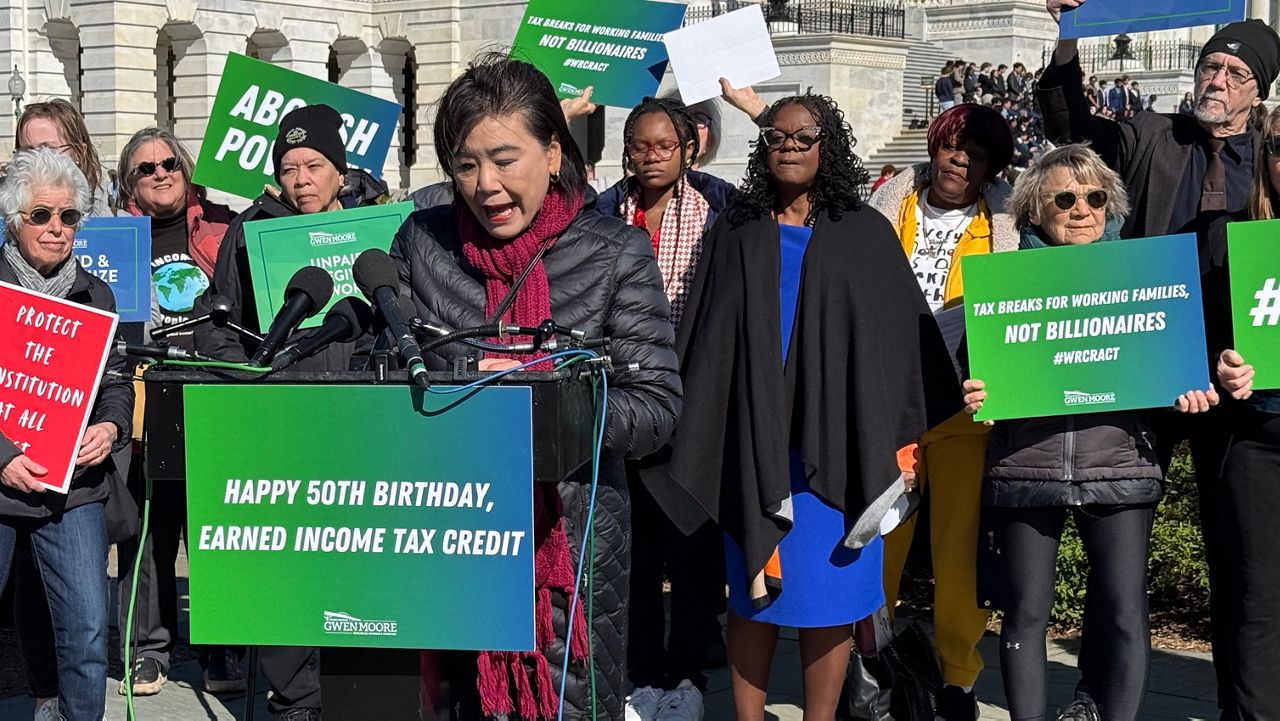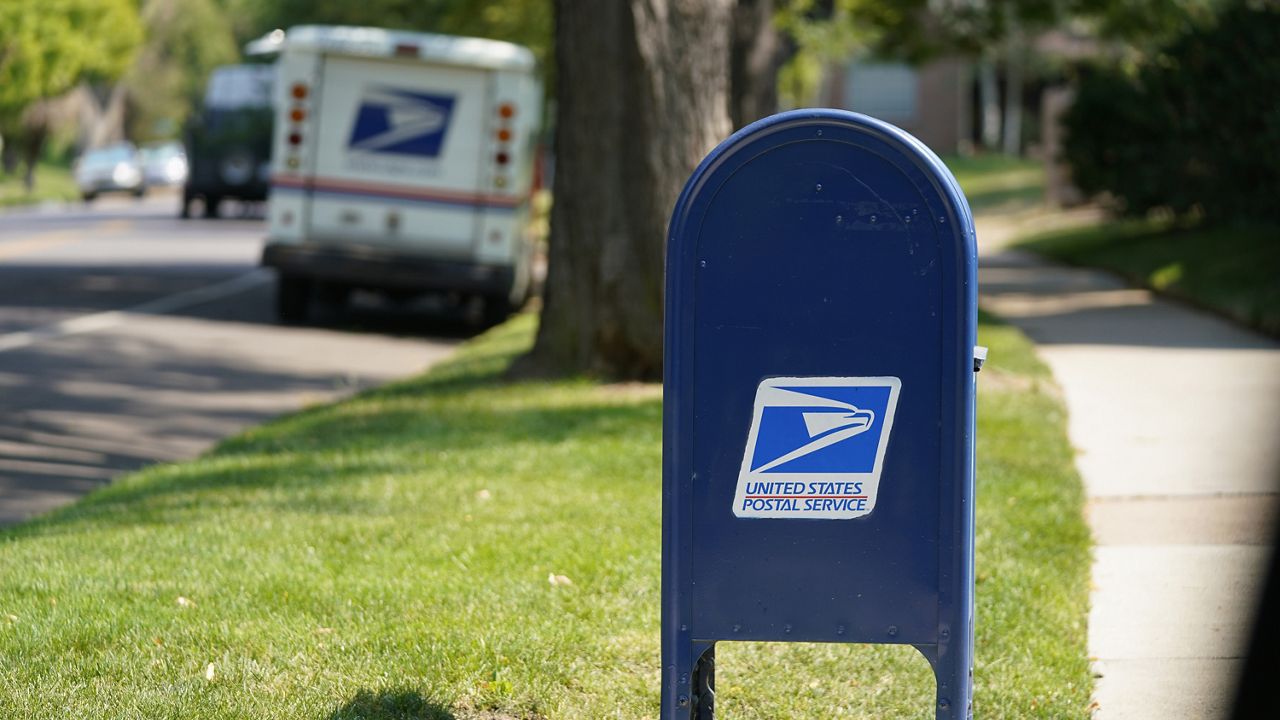WASHINGTON — Wisconsin Congressman Bryan Steil, R-Janesville, has taken on a new chairmanship: Leading a House Financial Services subcommittee focused on digital assets. This week, he introduced legislation to regulate stablecoins, a cryptocurrency whose value is pegged to that of another currency like the U.S. dollar or a tangible asset like gold.
It’s an alternative to popular cryptocurrencies, like Bitcoin, that can be more volatile because their price fluctuates based on market supply and demand.
“It's really a combination of making sure that we have needed consumer protections in place, but also a regulatory framework that encourages this innovation and development to take place,” Steil said in an interview with Spectrum News Thursday. “We know the building blocks of Web3 is really blockchain technology, and this regulatory framework is going to allow stablecoin technology to really develop and evolve here in the U.S.”
The bill requires stablecoins to be tied to an asset in a one-to-one ratio – meaning, for example, that 10 dollars in stablecoin should be backed by 10 U.S. dollars in reserve. Steil said this lowers consumer risk.
“Behind stablecoin needs to be true stability,” Steil said. “Behind stablecoin needs to be true stability,” Steil said.
Steil also said tying stablecoins to the dollar helps the U.S. maintain dollar dominance across the globe by increasing demand. Bryan Routledge, an associate professor of finance at Carnegie Mellon University, said stablecoins could be used as currency in the same way we use dollars.
“Credible regulation says, ‘Indeed, I have these reserves. I could verify it with an audit. There’s legislation behind me that says you can sue me or take me to jail if I’m wrong.’ All of those things are going to help make the currency more stable,” Routledge said.
Routledge said the idea of a stablecoin is not so unusual, especially since people move money in a variety of ways and on apps like Venmo and Zelle, which is essentially transferring some “claims” to dollars through reputable institutions like banks talking to each other.
“I think partly what’s underlying lots of the new development in cryptocurrency is this tension between this decentralized, no need for a central bank-like institution, a currency that’s kind of separate,” he said. “It’s an interesting experiment to run with, linking it with the financial system we’re used to, which is very centralized, bank-specific.”
The legislation doesn’t require stablecoins to be insured.
“It wouldn’t fall under FDIC insurance, which would be your deposit insurance,” Steil said. “And so if you’re looking to hold U.S. dollars, doing that under the regulatory bank environment is a great way to do it. This is more of a payments mechanism that I think a lot of companies will adopt, is a mechanism of truing out that currency in real time. The development and innovation that will occur in this space is significant, but it’s separate from an individual that may want to keep their money in their home bank, which is a great, secure way for many Americans to make sure that they’re holding their assets securely and insured by the FDIC.”
Routledge said requiring the reserves (such as the dollar or gold) to be in a FDIC-type institution can give people “faith that these institutions have a robust structure behind them, but it doesn’t necessarily make them risk free.”
World Liberty Financial, which is run by President Trump’s sons, is planning to launch a stablecoin, designed to keep a value of one dollar. Steil said Trump supports the legislation. When asked if there’s any conflict of interest with the President’s family investing in cryptocurrency, Steil said this: “We have a huge opportunity to put forward a regulatory framework that makes the rules of the road very clear for everyone.”
A Democratic aide tells Spectrum News Congresswoman Maxine Waters, the top Democrat on the House Financial Services committee, will not support the legislation because Republicans will not commit to adding in language that would block the President and his billionaire adviser Elon Musk from issuing their own stablecoins.
The House version of the bill will be reviewed in committee on Wednesday. Steil said there are technical differences between the House and Senate versions of the bill but hopes they will eventually merge and make it to President Trump’s desk.
“The President asked to have both of these pieces of legislation to his desk by August,” Steil said. “We are absolutely on track and in line to meet that goal.”













